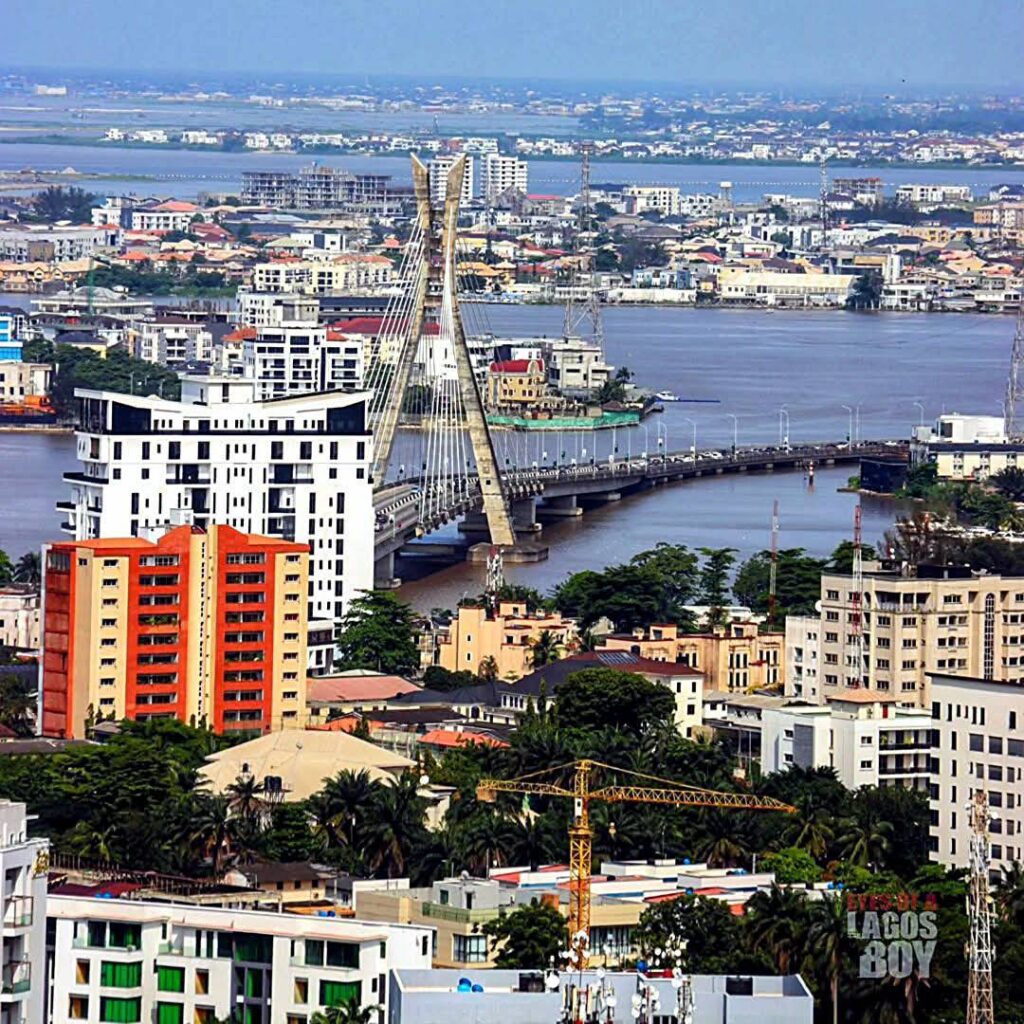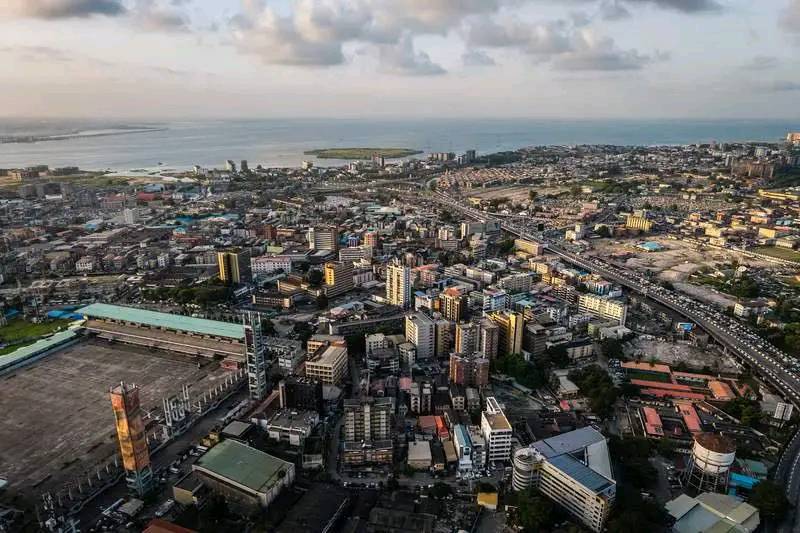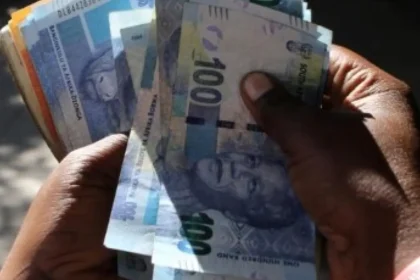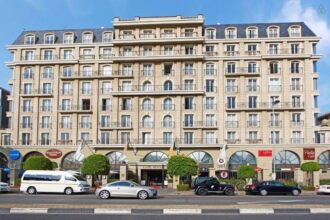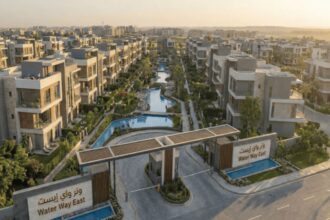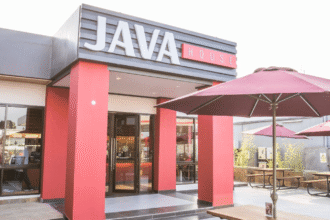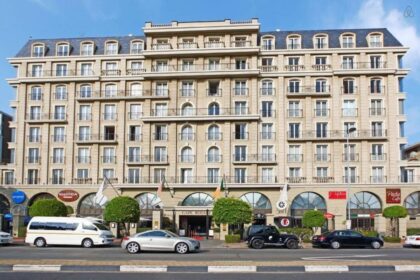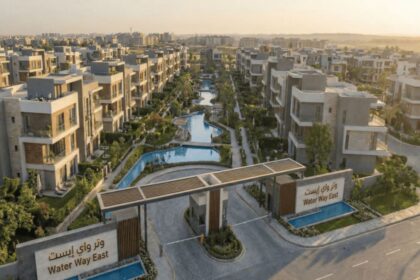At a Glance
- Lagos contributed N27.39 trillion ($17.26 billion)—22.36% of Nigeria’s GDP—in H1 2024, reflecting its dominance as the country’s leading economic engine and regional trade hub.
- Real estate in high-demand districts like Ikoyi and Lekki, alongside megaprojects like Eko Atlantic, is driving investor interest and long-term asset growth in Lagos.
- Public-private partnerships like the Lekki Port and Blue Line Rail are unlocking logistics efficiency and infrastructure gains critical to Lagos’ sustained economic expansion.
Lagos, Africa’s largest city by population and Nigeria’s commercial capital, has cemented its status as a continental economic force, with its economy valued at $259.75 billion in Purchasing Power Parity (PPP) terms, according to the 2025 Lagos Economic Development Update.
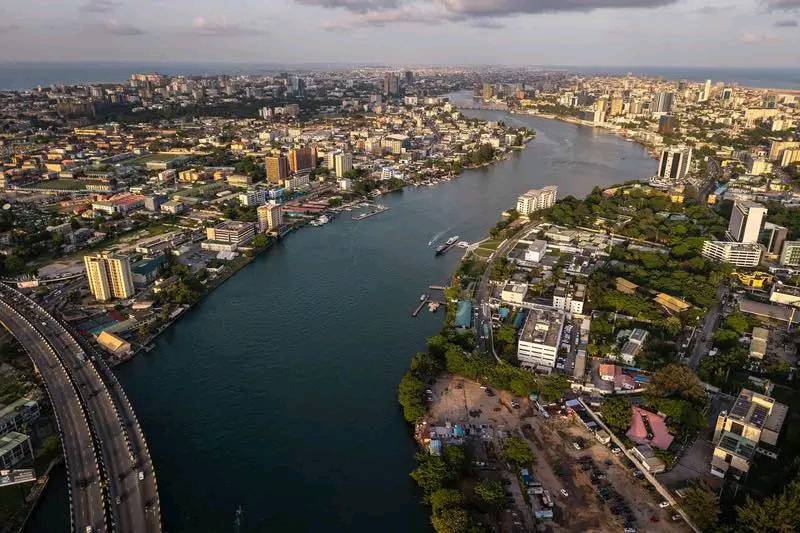
That places it behind only Cairo among Africa’s city economies, as the megacity continues to leverage its population scale, expanding infrastructure, and private sector dynamism to power national and regional growth.

The state’s contribution to Nigeria’s economy is outsized. Lagos accounted for N43.06 trillion ($29.02 billion) of Nigeria’s N234.43 trillion ($147.65 billion) GDP in 2023—18.38 percent of total output.
That share rose to 22.36 percent in the first half of 2024, with N27.39 trillion ($17.26 billion) of N122.51 trillion ($77.17 billion) in national GDP originating from Lagos, according to figures from the National Bureau of Statistics and Lagos Bureau of Statistics. The steady increase reflects the city’s rising role as Nigeria’s economic heartbeat.
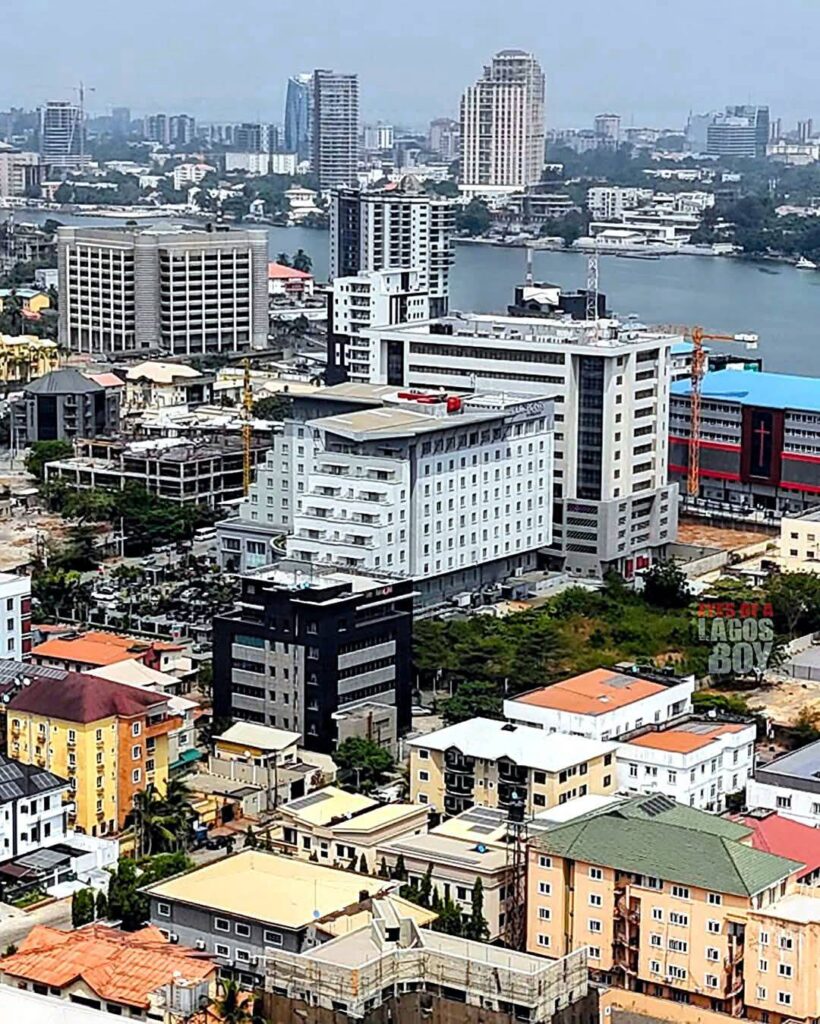
Sharpening focus on private investment and real estate
The strength of Lagos’ economy lies in its diverse private sector. Multinational and domestic giants—including Dangote Group, MTN Nigeria, Access Holdings, and Shell—maintain key operations in the city.
Tech startups like Flutterwave and Paystack, now valued at over $1 billion, anchor its fast-growing innovation ecosystem. A surge in venture capital has fueled what investors call “Africa’s Silicon Lagoon,” with Lagos emerging as a destination for global digital investment.
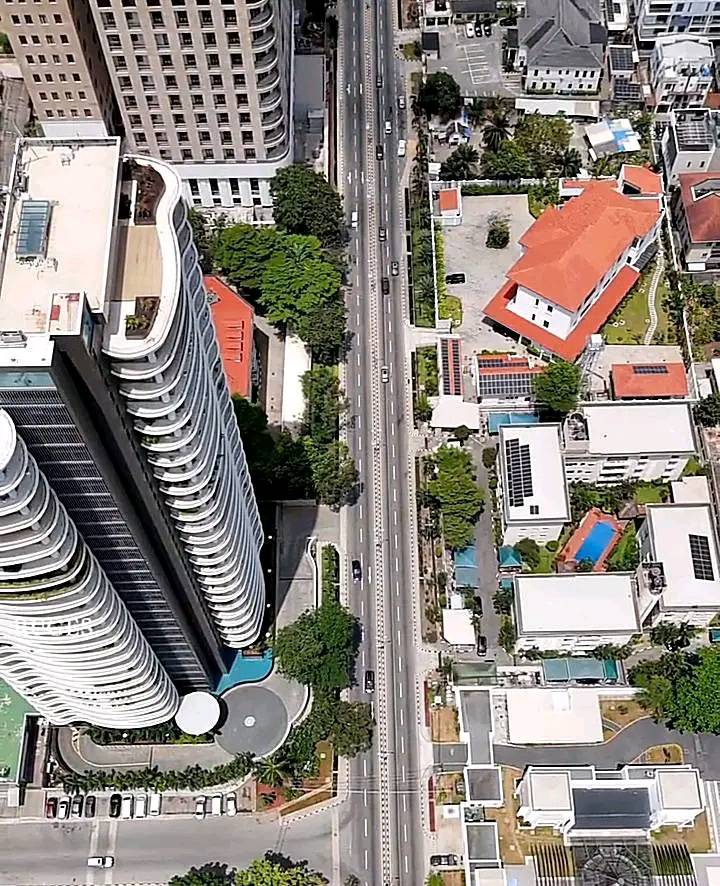
Real estate development continues to reshape the city’s landscape, with high-value districts like Ikoyi, Lekki, and Victoria Island drawing investment from developers and institutional capital alike.
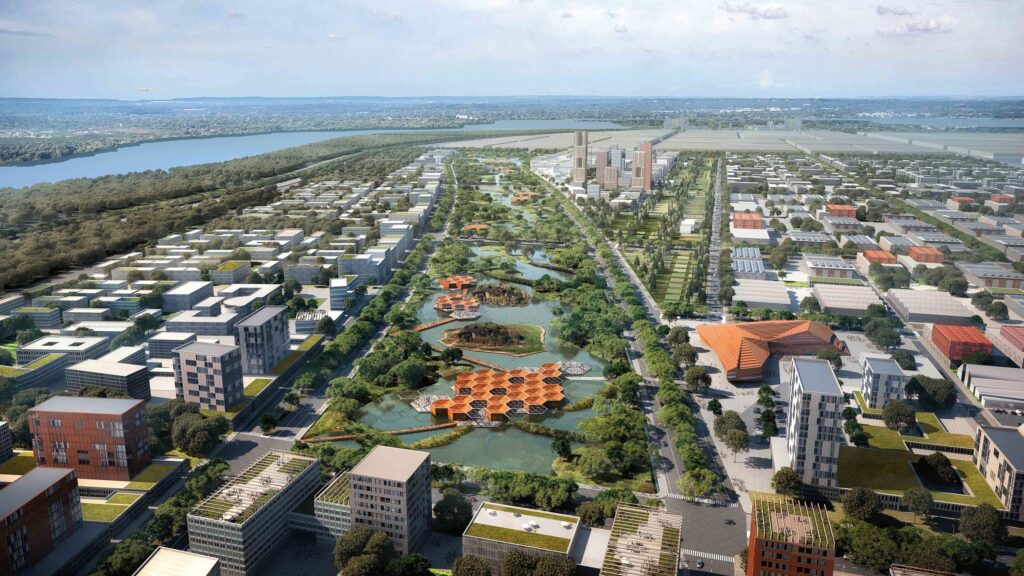
Flagship projects such as the Eko Atlantic City, Lagos Free Zone, and Alaro City are designed to host corporate headquarters, residential enclaves, and industrial parks—generating jobs and tax revenues while easing urban congestion.
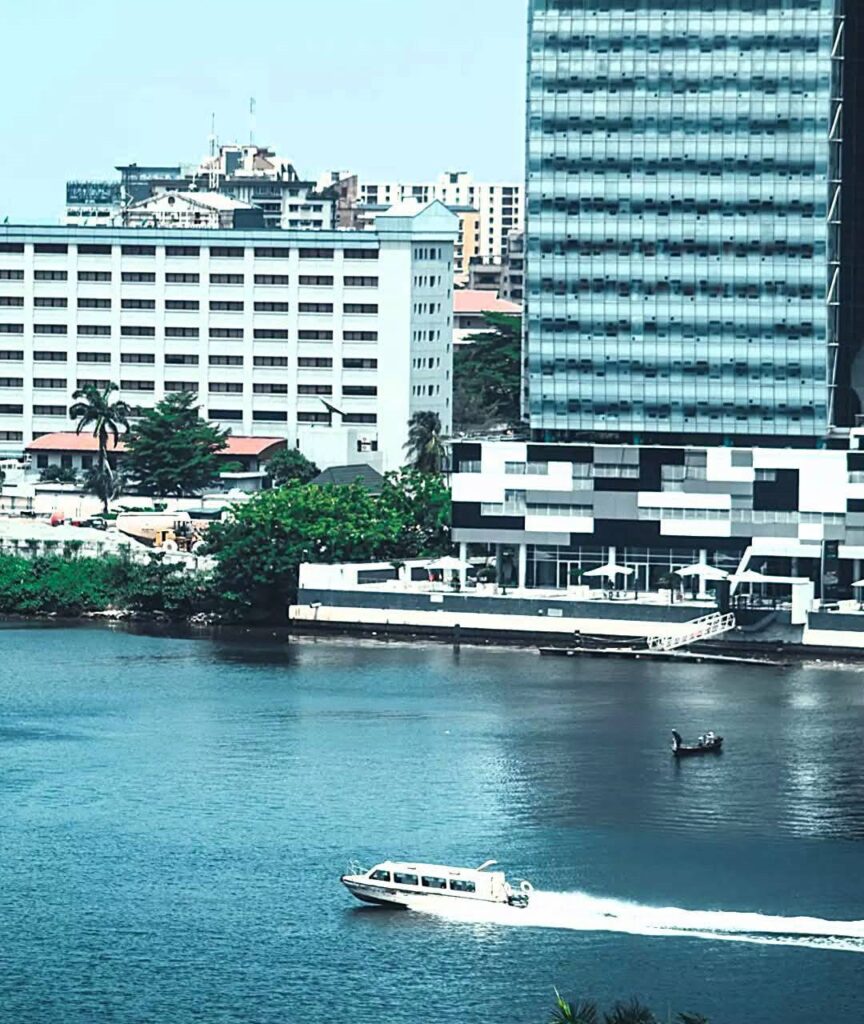
Hospitality and tourism have also become growth levers. Premium hotels like Lagos Continental, Eko Hotel & Suites, and Radisson Blu welcome a rising tide of business travelers and investors.
Attractions such as the Lekki Conservation Centre, Tarkwa Bay Beach, and the Freedom Park complement cultural staples like Nike Art Gallery and the National Museum, boosting Lagos’ reputation as both a business and leisure destination.
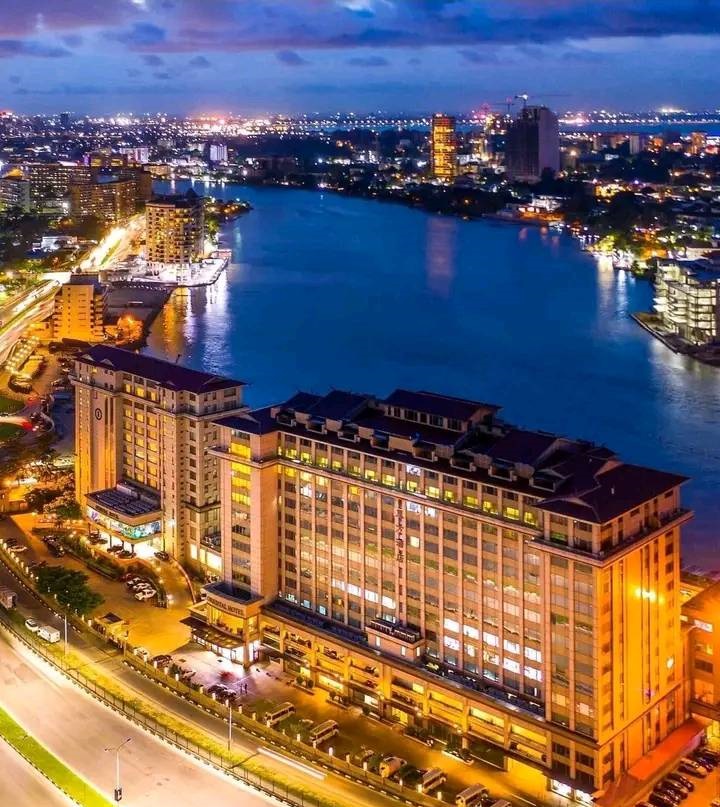
Public-private collaborations accelerate infrastructure gains
Lagos’ economic acceleration is also underpinned by coordinated public-private initiatives. The Lekki Deep Sea Port—Nigeria’s first fully automated port—and the Lagos Blue Line Rail are two high-impact infrastructure projects backed by private capital and public policy support.
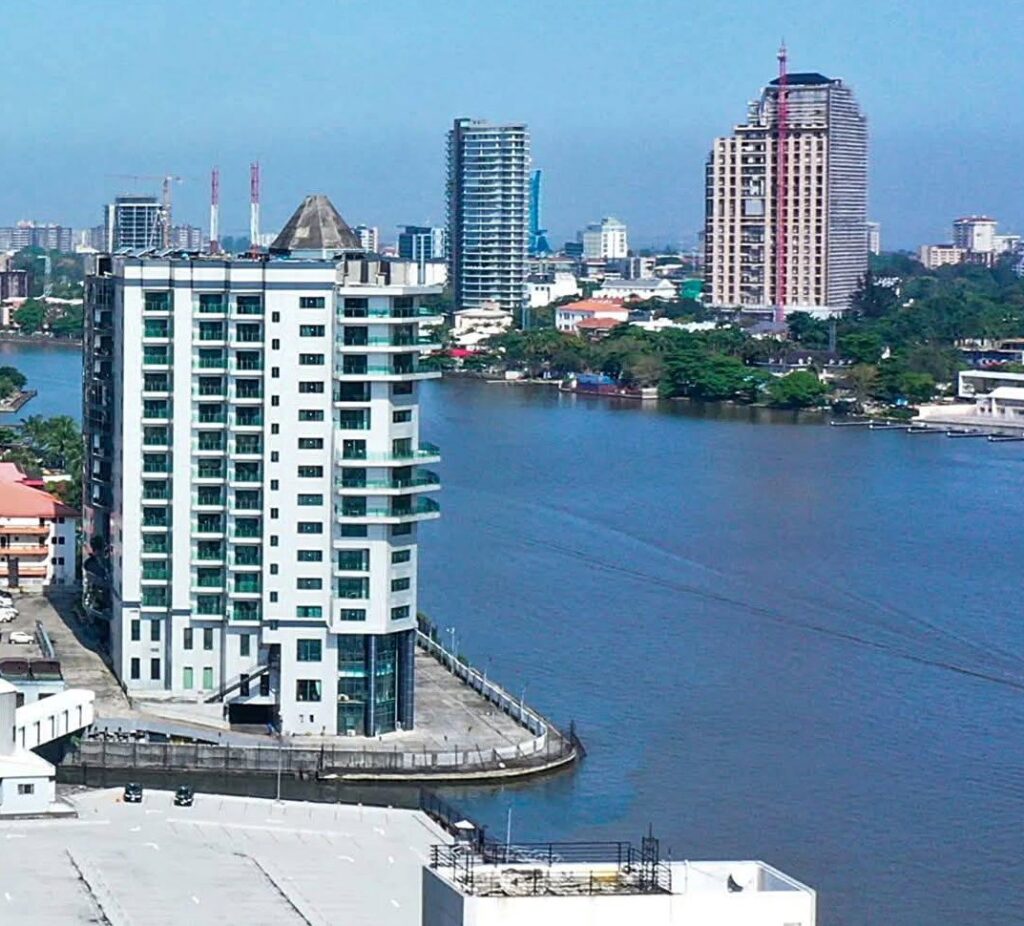
These developments are unlocking efficiency in transport and logistics, which are vital to commerce in a city responsible for over 60 percent of Nigeria’s industrial output and 90 percent of its trade volume.
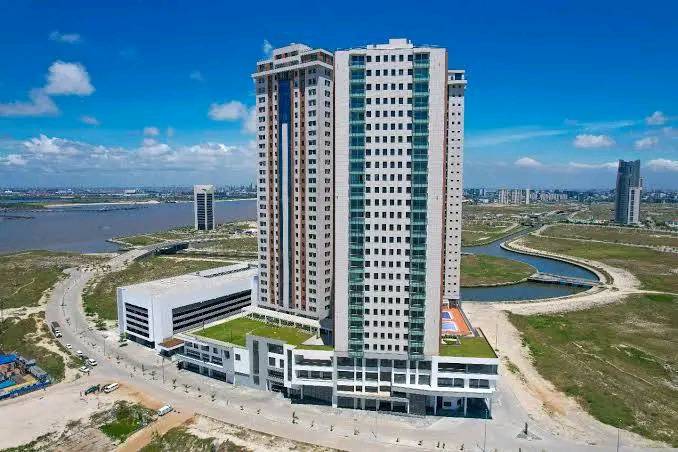
As Lagos looks to the future, Governor Babajide Sanwo-Olu’s administration has prioritized digitization, infrastructure, and business reforms to attract further investment.
The state’s expanding revenue base, driven by internally generated revenue (IGR) and rising property values, gives it the fiscal room to scale social and economic projects.
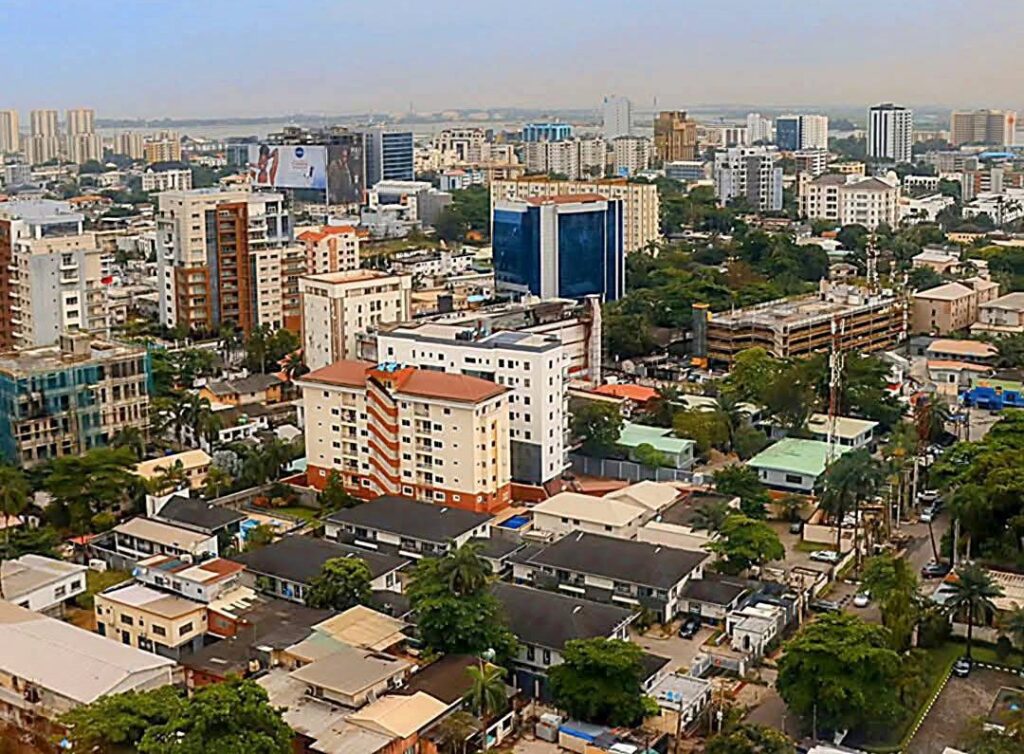
With a growing population, a maturing private sector, and continued investor confidence, Lagos is positioned to consolidate its role not just as Nigeria’s economic anchor, but as one of Africa’s most formidable urban economies.
